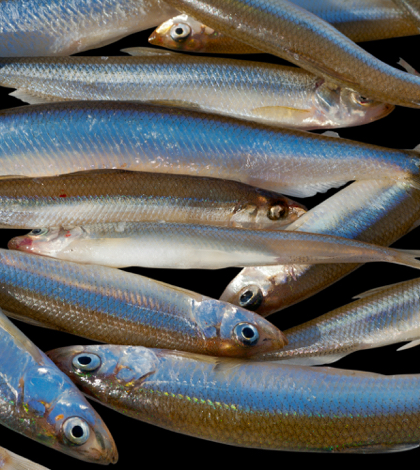The State Water Resources Control Board is reviewing data and considering letting anywhere from 35 to 75 percent of the water in the Sacramento River wash out to the Pacific in order to protect fish and wildlife. Wednesday’s findings and discussion make no final recommendations but the possibility comes on the heels of recommendations last month for the San Joaquin River that could almost double the current minimum flow for fish in the river.
Farmers up and down the Central Valley are incensed. But as California’s drought now enters its sixth year the state water board is analyzing data in order to vote on a new water plan in July 2017.
“When you add the Sacramento River plan to the San Joaquin River plan announced a month ago, you have a combination that strikes at the very heart of the rural environment and economy,” said Paul Wenger, president of the California Farm Bureau Federation. “If more water equaled more fish, we should be seeing results, but we’re not.”
If the proposals for both the Sacramento and the San Joaquin rivers were enacted it would inevitably leave less water for urban users and for Sacramento and Central Valley farmers although they have some of the most powerful water rights in the state. However, the Sacramento River proposal details the decline of Sacramento and San Joaquin fish including Delta smelt, longfin smelt, Sacramento splittail and both the spring-run and winter-run Chinook salmon.
Farmers and those with farm-related industries packed the Stanislaus and Merced counties Board of Supervisors meeting on Tuesday evening to express their concern and frustrations with the state for the potential plans to increase river flows.
“If this goes through, this will only speed up the demise of many farmers,” said Andy Stein of Newman Flying Service. The service applies pesticides by helicopter.
Les Grober, with the State Water Resources Control Board, told the crowd packed into the Stanislaus County Board of Supervisors board room in Modesto that, “I know this crowd gets it and the board gets it – this is a tough proposal. This is really hard,” he said. He continued saying, “This is going to be painful for all involved, but we don’t have enough water. There has to be some balance restored.”
Comments regarding both the research and the potential plan were numerous.
“It’s both predictable and troublesome,” said Tim Quinn of the Association of California Water Agencies, a coalition of urban and rural districts throughout the state. He favors other measures such as habitat restoration to aid declining fish.
Wenger with the farm bureau lamented, “They tell you if we put more water in the river it’ll be better for the fish. I don’t buy that for a second.”
And the president of the Glenn-Colusa Irrigation District, Don Bransford, a Sacramento Valley rice grower, claims more water in the Delta, “would probably be disastrous for a lot of people.”
Meanwhile, State Water Resources Control Board Chairwoman Felicia Marcus has said, “This is not a proposal to require those flows at all. That is down the line. This is just putting out the science for folks to comment on, so that we can revise it and get it reviewed by more people and have the scientific basis from which we would know what fish and wildlife needs are, and then we balance from there.”
The state has scheduled a series of hearings regarding the proposals, as follows:
Nov. 29, Sacramento: Byron Sher Hearing Room, California Environmental Protection Agency headquarters, 1001 I St.
Dec. 16, Stockton: Main Hall, Stockton Memorial Civic Auditorium, 525 N. Center St.
Dec. 19, Merced: Multicultural Arts Center, 645 W. Main St.
Dec. 20, Modesto: Tuolumne River Room, Modesto Centre Plaza, 1000 K St.
Jan. 3, Sacramento: Coastal Hearing Room, Cal-EPA headquarters
All hearings will begin at 9 a.m. Additionally, the state will accept written comments until Jan. 17 at http://www.waterboards.ca.gov/waterrights/about_us/
 California Water News Daily Your Source For Water News in California
California Water News Daily Your Source For Water News in California


